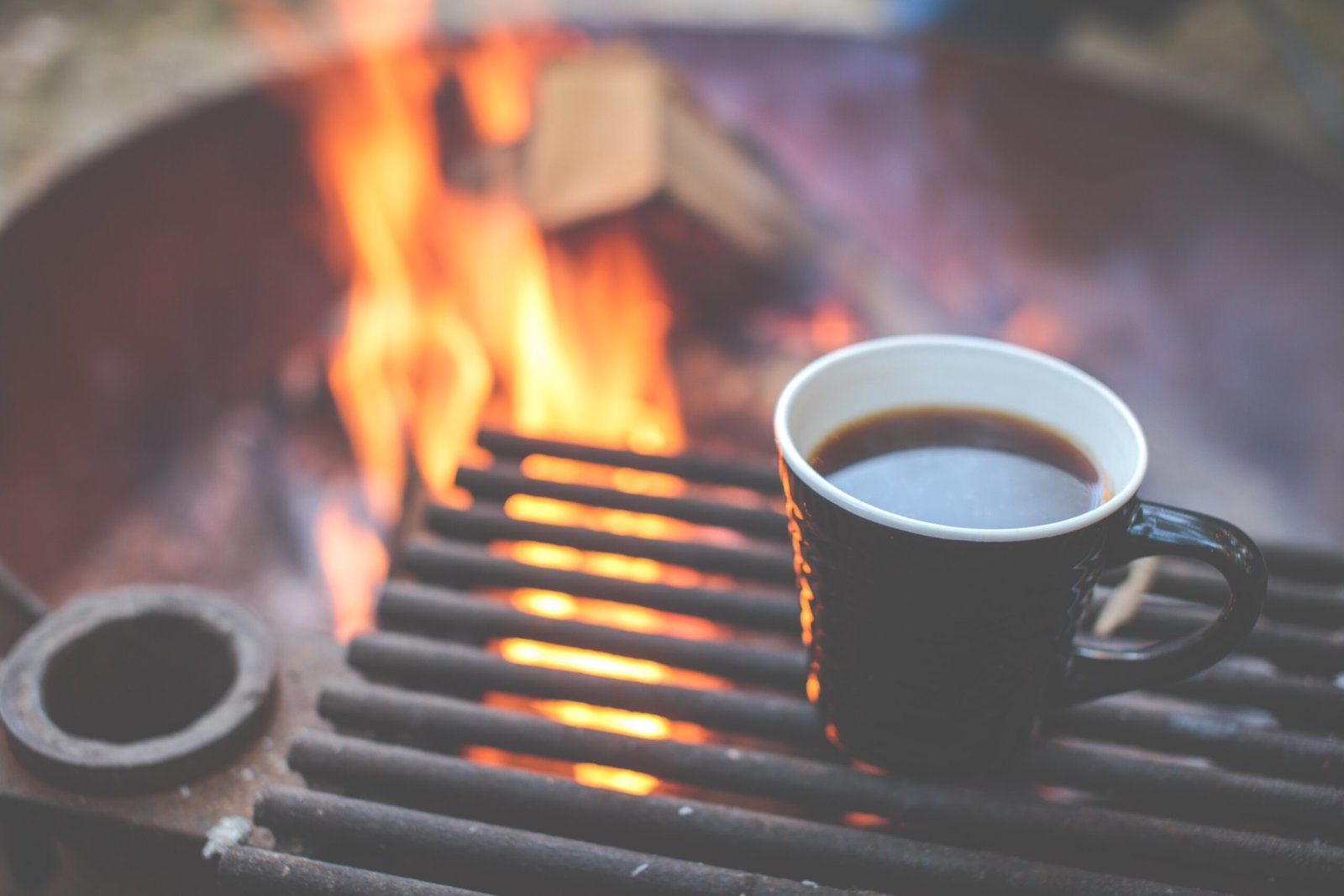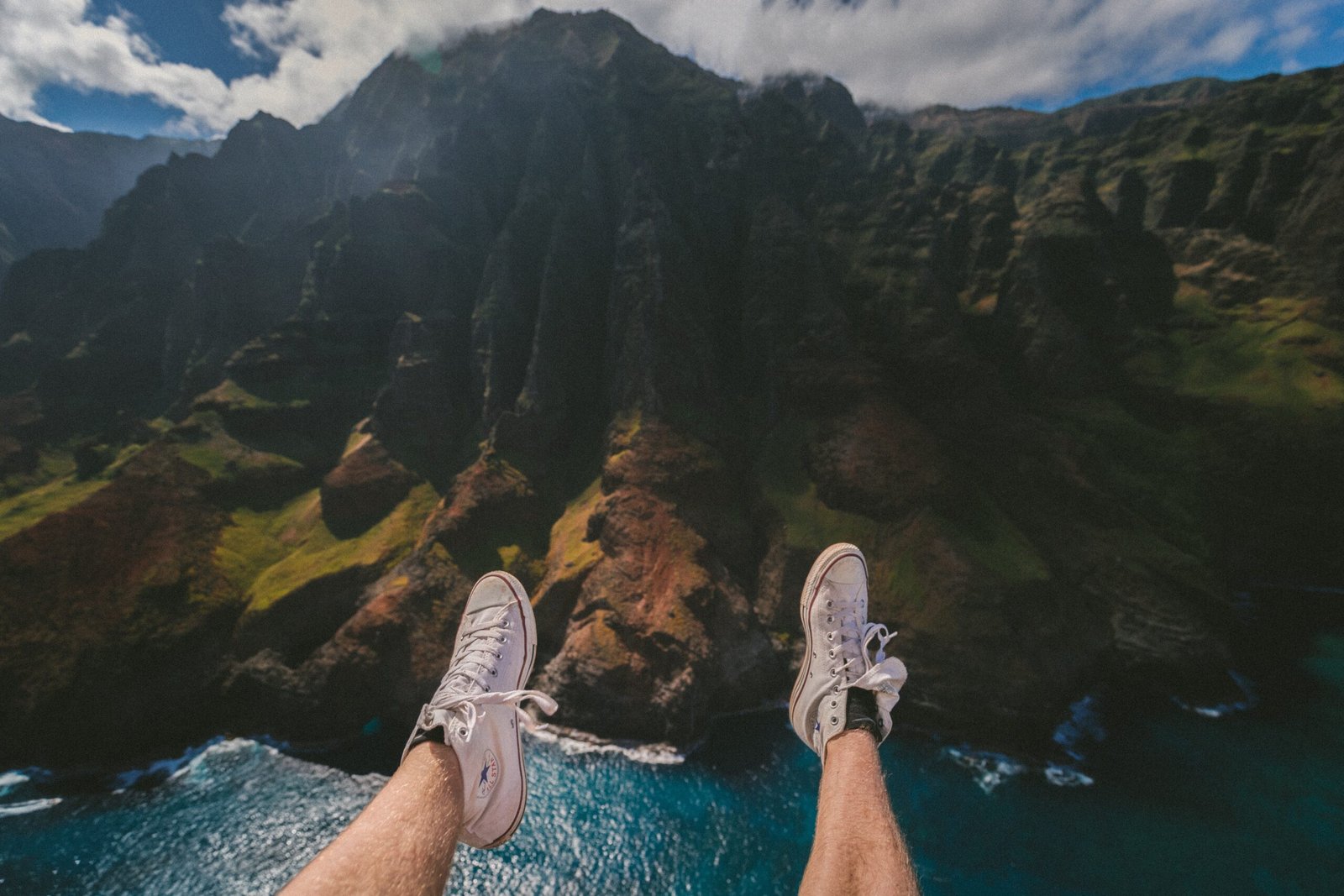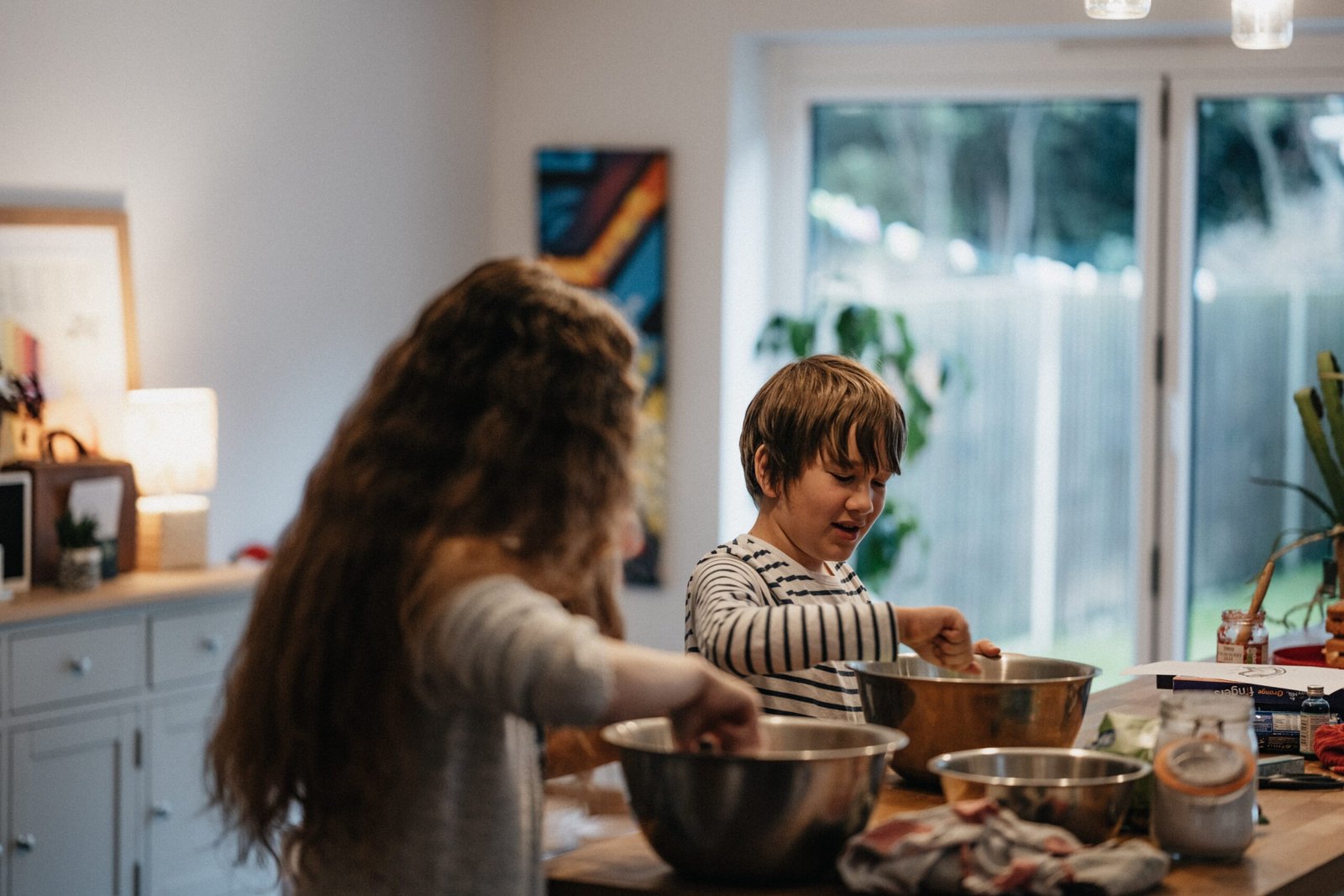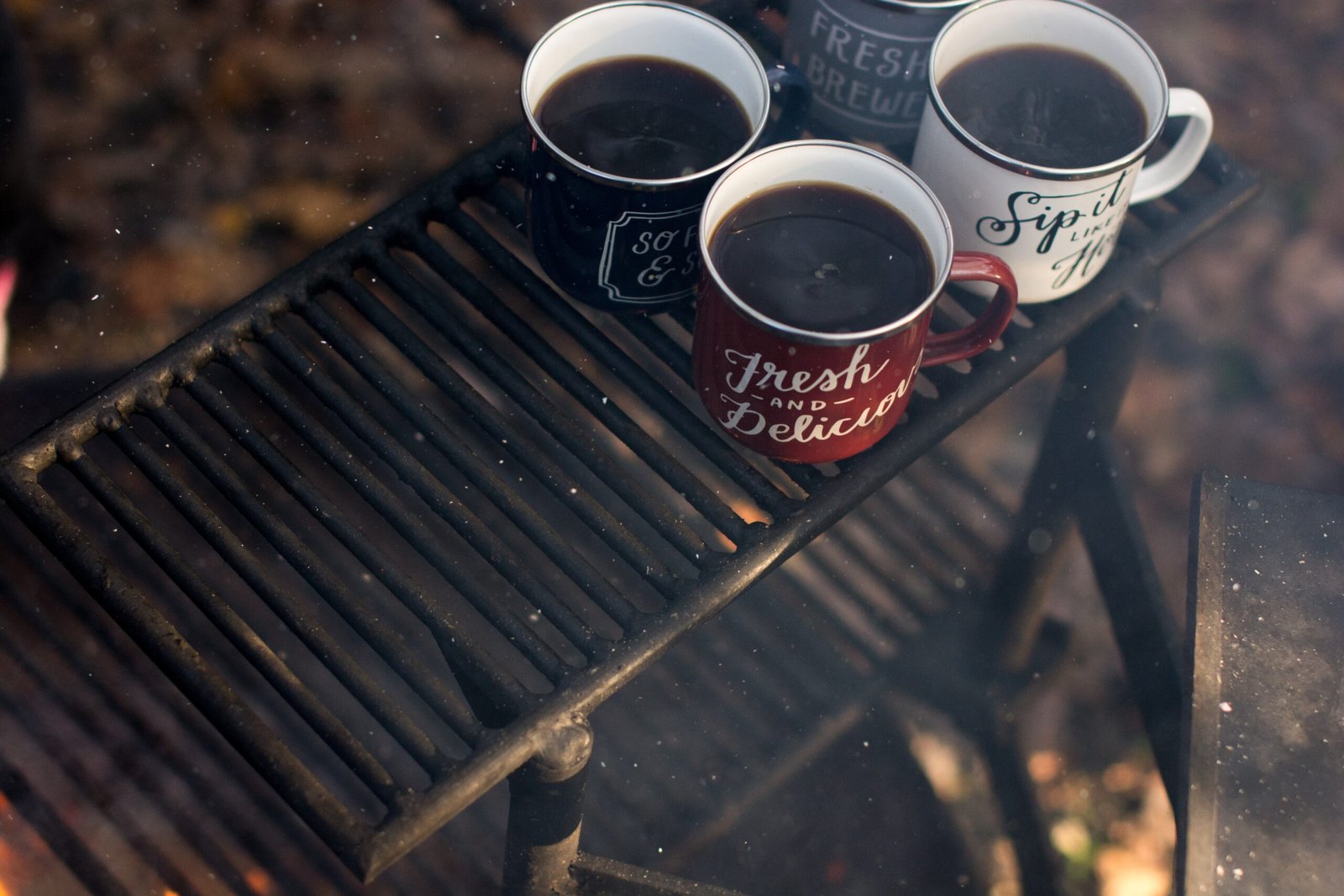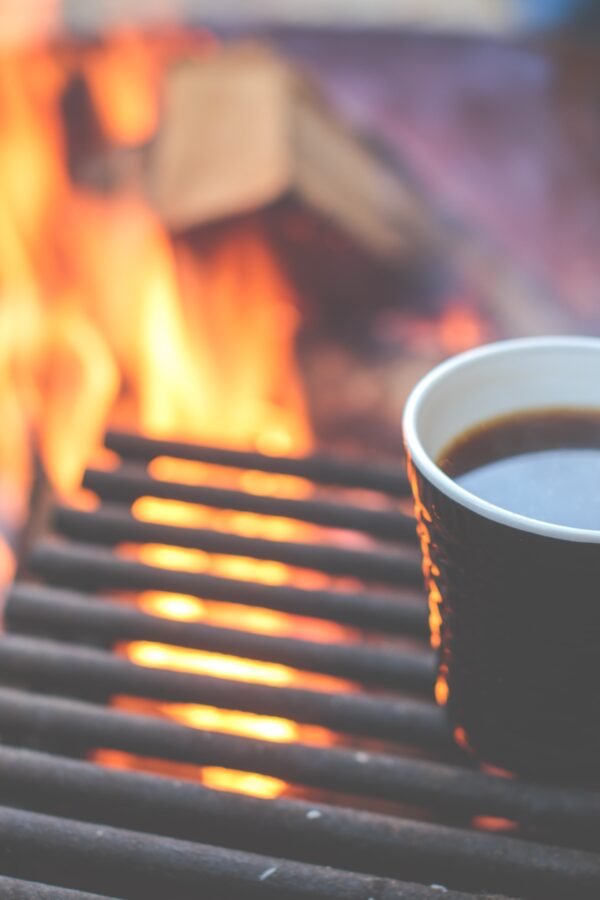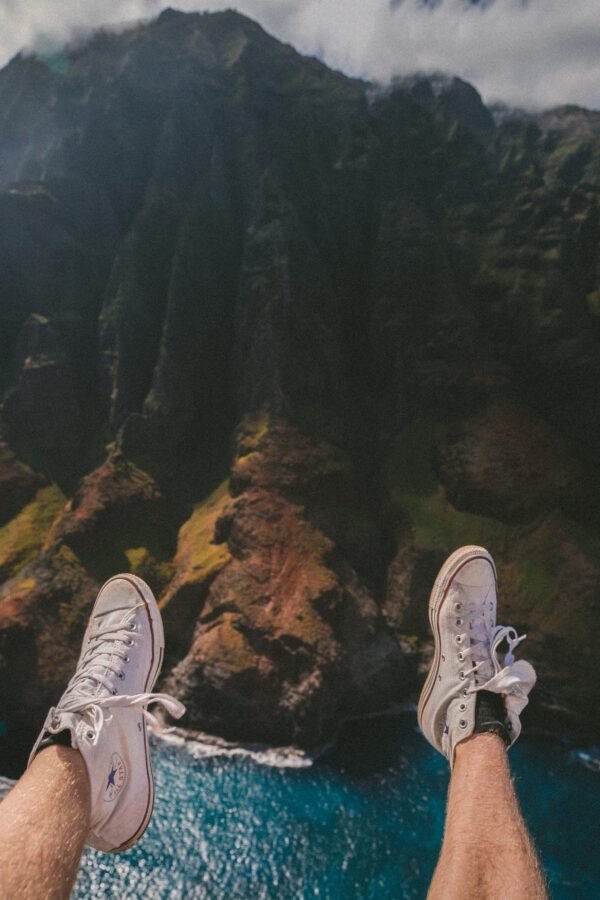Imagine yourself surrounded by nature, with the fresh scent of pine in the air and the soothing sound of a crackling campfire. Camping offers a world of adventure and relaxation, where you can disconnect from the chaos of everyday life and truly embrace the great outdoors. But what do you do when you’re out in the wilderness, away from the comforts of home? In this article, we will explore a variety of exciting activities and essential tips to make the most out of your camping experience. From hiking scenic trails to stargazing under a sky full of twinkling stars, get ready to immerse yourself in the wonders of nature with our guide on what to do when camping.
Choosing a Campsite
When it comes to choosing a campsite, it’s important to do some research beforehand. Look up campgrounds in the area you plan to visit and read reviews from previous campers. This will give you an idea of the amenities offered and the overall quality of the campsite. Consider the amenities that are important to you, such as showers, restrooms, and electricity hookups. Some campgrounds may also offer additional facilities like playgrounds, swimming pools, or picnic areas. Make a list of your preferred amenities and prioritize them when selecting a campsite.
Once you have narrowed down your options, check the availability of the campsites. Many popular campgrounds require reservations, especially during peak seasons. It’s a good idea to book your site in advance to ensure you have a spot. Keep in mind that certain campsites may have restrictions, such as maximum occupancy or length of stay. When choosing the right location, consider factors like proximity to hiking trails, lakes, or other natural attractions that you wish to explore.
Setting Up Camp
When you arrive at your campsite, the first step is to clear the area of any debris or rocks that could make sleeping or walking uncomfortable. Check for any sharp objects or potential hazards. Once the area is cleared, it’s time to pitch your tent. Follow the instructions provided by the manufacturer and make sure the tent is securely anchored to the ground. Organize your campsite by setting up a designated area for cooking, dining, and relaxing. Place a tarp or groundsheet beneath your cooking area to protect the ground and make cleanup easier.

Campfire Essentials
No camping trip is complete without a cozy campfire. Before starting a fire, gather firewood from the surrounding area. Make sure to only collect dead wood and avoid damaging live trees or vegetation. Build a safe fire pit using rocks or a fire ring if provided by the campground. Clear an area around the fire pit from any flammable materials like leaves or grass. Use fire starters like paper or dry twigs to ignite the fire. Once the fire is burning, maintain it by adding small pieces of firewood as needed. When you are ready to extinguish the fire, pour water over the flames and ensure it is completely out before leaving the area.
Cooking and Food
Planning meals in advance is crucial for a successful camping trip. Make a list of meals and snacks that are easy to prepare and pack accordingly. Bring necessary cooking equipment like a camp stove, pots, pans, and utensils. Store food properly to prevent spoilage and keep it safe from animals. Use a cooler with ice packs for perishable items and keep it in a shaded area. When cooking, follow proper techniques to ensure food is cooked thoroughly and safely. There are plenty of camping recipes available online that can add variety to your meals and enhance the camping experience.

Exploring Nature
One of the highlights of camping is the opportunity to immerse yourself in nature. Take advantage of the hiking trails and nature walks available around your campsite. Pack comfortable shoes and appropriate clothing for the terrain and weather conditions. Observe wildlife from a safe distance and never feed or approach them. If you enjoy fishing, check local regulations and obtain the necessary permits. Engage in water activities like swimming, kayaking, or canoeing if the campsite offers those options. Take the time to learn about the local plants and trees to enhance your experience and appreciate the natural surroundings.
Campsite Entertainment
Keep boredom at bay with a variety of campsite entertainment options. Engage in outdoor games and activities like frisbee, badminton, or scavenger hunts. Pack board games and card games that can be enjoyed in the evenings or during rainy days. Embrace the tradition of storytelling and campfire songs by sharing your favorite stories or singing campfire tunes. Don’t forget to take some time to gaze at the stars and marvel at the beauty of the night sky.

Safety and First Aid
Prioritize safety during your camping trip by preparing a basic first aid kit. Include essentials like band-aids, antiseptic ointment, pain relievers, and bug repellent. Keep a list of emergency contact information readily available in case of any accidents or emergencies. Take necessary security measures to protect your campground, such as locking your belongings or using a bear-proof container if necessary. Stay aware of weather conditions and be prepared for sudden changes by bringing appropriate clothing and gear.
Cleanliness and Hygiene
Maintaining cleanliness and hygiene is important for a comfortable and enjoyable camping experience. Set up a handwashing station with soap, water, and paper towels to ensure proper hand hygiene. Dispose of waste properly by using designated trash receptacles and following campground regulations. Pack personal hygiene essentials like toiletries, wet wipes, and hand sanitizer. Take the initiative to keep your campsite clean by regularly tidying up and picking up any litter.
Sleeping Comfortably
Getting a good night’s sleep is essential for a successful camping trip. Choose the right sleeping gear based on the weather conditions and your personal preferences. This may include a sleeping bag, sleeping pad, and pillow. Set up a comfortable sleeping area by clearing the ground of any rocks or sticks and laying down a sleeping pad for cushioning. If noise from neighboring campsites or wildlife is a concern, consider using earplugs or a white noise machine. Take proper care of your sleeping bag by airing it out and storing it correctly when not in use.
Leave No Trace
Camping is an opportunity to connect with nature and leave minimal impact on the environment. Practice the “Leave No Trace” principles by packing all of your trash and waste and properly disposing of it. Respect wildlife by observing from a distance and avoiding interactions that could disrupt their natural behavior. Minimize your campsite impact by using designated trails and campsites and avoiding the creation of new paths or clearing of vegetation. Be aware of and follow local regulations to ensure the preservation of the natural surroundings for future campers to enjoy.
Camping can be a rewarding and memorable experience when approached with the right preparations and mindset. By researching and choosing a suitable campsite, setting up camp efficiently, and considering safety, cleanliness, and leave no trace principles, you can enjoy the wonders of nature while creating lasting memories. So grab your gear, gather your loved ones, and embark on a camping adventure full of exploration, relaxation, and connection with the great outdoors. Happy camping!


